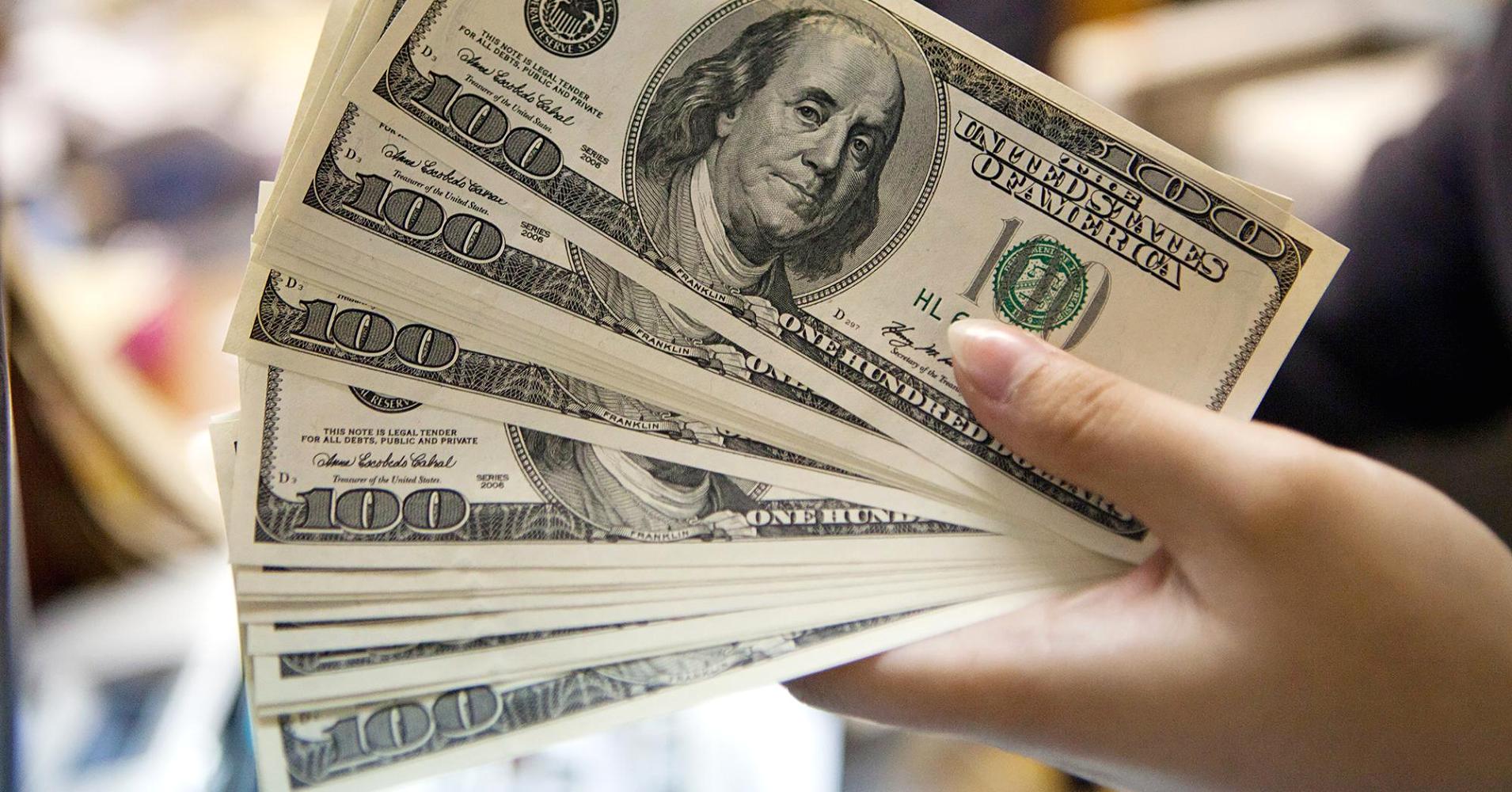Egypt’s new economic strategy aims to primarily achieve price stability and reduce inflation, bringing inflation down to 7 percent by the end of 2024, 5 percent by the end of 2026, and below 5 percent by 2030, according to a document by the Information and Decision Support Center of the Cabinet.
To strengthen its economy against external shocks and eliminate the discrepancy between official and black market rates, the document notes that the Egyptian government commits to a flexible exchange rate policy.
To supercharge international trade, Egypt unveils plans to revitalize at least five ports across the Red and Mediterranean Seas. These transformed hubs will facilitate global commerce, bolstering Egypt’s role as a key transit corridor.
Furthermore, Egypt is crafting a national bid to host Expo 2035, aiming to share its development journey with the world.
The document also adds that Egypt plans to unveil a multi-pronged program to secure USD 300 billion (EGP 9,257 billion) in foreign currency by 2030. This roadmap aims for double-digit annual growth across key sectors: 20 percent in exports, 20 percent in tourism, 10 percent in remittances, 10 percent in foreign investment, 10 percent in Suez Canal revenue, and 10 percent in outsourcing services.
Egypt is also creating two new channels to attract foreign investment and capital from its citizens abroad. First, it is establishing a specialized company to manage and invest the savings of Egyptians living overseas, directing them towards priority sectors for economic growth. Second, it is launching a real estate export initiative to promote residential units to foreign investors and expats.
The document adds that Egypt plans to issue bonds for international purchase, aiming to diversify its foreign currency sources and fuel further economic development.
Egypt’s economy has been weathering a storm in recent months, grappling with significant inflationary pressures and a depreciating pound. This has had a tangible impact on everyday life for Egyptians, raising concerns about affordability and economic stability.
The Egyptian pound has lost over 70 percent of its value against the US dollar since March 2022. This makes imported goods more expensive and fuels inflation.







Comments (0)